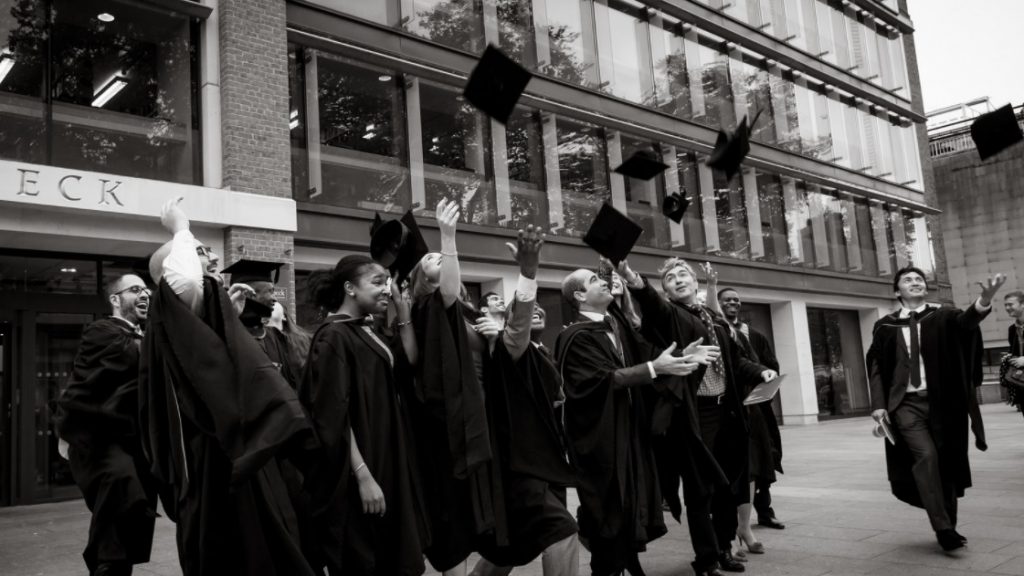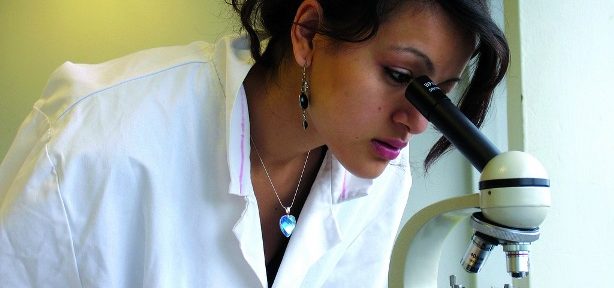Dr Almuth McDowall discusses how Birkbeck is drilling into the data of the Athena SWAN Charter, an initiative which seeks to address gender inequality in STEMM.
Are women in STEM subjects not progressing as far and fast as their male colleagues? What should universities put in place to nurture and retain female talent? These are questions close to my own heart, not least as some of my own research on work-life balance and also on executive rewards as a science-practitioner in organizational psychology touches on gender issues.
It’s been much debated that women are more likely than men to leave academia in science subjects, and are underrepresented in senior roles. The Equality Challenge Unit’s Athena SWAN Charter, established 12 years ago, seeks to address gender equality through charters. These provide a framework for institutions to apply for an award which recognises their work on equality and diversity. Birkbeck is a member of this Charter, and a number of departments and schools hold awards including Biological and Psychological Sciences.
 As a member of the College’s Athena SWAN panel, I am aware that much is being done in the institution to support direct initiatives, such as a dedicated mentoring programme through TRIGGER/ ATHENA SWAN, but also to support culture change by ensuring that any processes and activities are based on evidence and local need, and serve to further, rather than hinder, the equality agenda.
As a member of the College’s Athena SWAN panel, I am aware that much is being done in the institution to support direct initiatives, such as a dedicated mentoring programme through TRIGGER/ ATHENA SWAN, but also to support culture change by ensuring that any processes and activities are based on evidence and local need, and serve to further, rather than hinder, the equality agenda.
One of the challenges for everyone in academia is that our work is largely driven by the student lifecycle and a tight year-round calendar of events. Friends who tell me ‘oh you academics have all summer off, don’t you’, usually get a rather terse and detailed reply, as I list the number of tasks that have to continue all year around: student supervision, working on academic projects, updating and maintaining our records and so on. As a result, we often don’t have the time to really drill into the data we have already gathered on issues such as equality and diversity.
Luckily, our ATHENA SWAN panel seeks to address just this. Earlier in the year, I set about a more detailed analysis of (anonymised) data from our staff survey, from all female and male academics in STEM subjects, concentrating on the free comments which people had provided. My question was: do women and men raise different things? And the short answer is: yes, they do.
On the whole, women report to be most concerned about effective communication in the institution, a sense of being valued but also the local facilities and environment. Men, on the other hand, appear more concerned with training, development and progression as well as pay and benefits. These are interesting differences, suggesting that women might focus more on how we work as an institution, whereas men focus more on how they get rewarded for what they do.
The next step is to follow up these issues in dedicated focus groups, to gain more rigorous data and insights on the issue. Are women more likely to focus on Birkbeck as an institutional environment, but might this come at the expense of focus on individual needs and career progression? Are men more likely to ask, and get what they want? We hope to report back on these issues in due course.


